
On April 2nd, 2019 Upwork released their new connects policy, and people are fired up.
If you follow any freelancer who uses the platform, chances are you’ve seen varying degrees of ranting and apocalypse crying. People are furious. Upwork’s tweet on the new policy has received over 200 comments, most of them negative.
But what’s going on exactly? Is the world’s largest freelancing site in a death spiral? Read on to find out.
What is the new connects policy?
Previously, freelancers could sign up for free to get 60 connects a month to use in bidding on jobs. Each job proposal costs you two connects, so you essentially got 30 free bids a month.
There was the option to sign up for a Freelancer Plus or Agency account which offered more connects a month, the ability to roll over connects from month-to-month, and purchase more connects as needed for a monthly fee.
All of those changes come May. There is no longer any free option for freelancers. Connects cost $0.15 per connect to purchase for anyone.
Also, projects with higher budgets now cost more connects (up to 6) while low budget jobs cost as low as one connect. Plus accounts still receive their monthly connects, but the price has increased to accommodate the new price per connect.
Why are people so mad?
There are many reasons why people are upset about this. Based on my research into tweets and posts about this topic, I’ve boiled it down into these reasons:
- There is now a paywall for even using the platform
- The cost of paid accounts has increased and Upwork already charges a service fee on top of this
- Higher budget jobs will cost more connects, making some people believe it will cost more to land high-paying jobs
- Upwork’s responses to questions have been stock, company-approved answers
- People don’t feel heard (Upwork hosted a town hall on May 4th to address this concern)
- Users feel blindsided
Why did Upwork change their policy?
I can’t really speak to “why” Upwork decided to do this. I don’t work for the company, but I can give the reasons they discussed with the change.
They cite two main reasons for changing the policy:
- Freelancers are having a hard time being seen amidst the sea of proposals
- Clients are having a hard time finding the right freelancer for the same reason.
With Upwork’s new connects policy, it’s supposed to make freelancers think twice about the jobs they apply for. Theoretically, freelancers should now feel pressure to bid on jobs that match them most closely.
If freelancers are pickier about the jobs they bid on, then the amount of freelancers clients sort through will be less, but they’ll be of higher quality. A win-win on both sides may be the result.
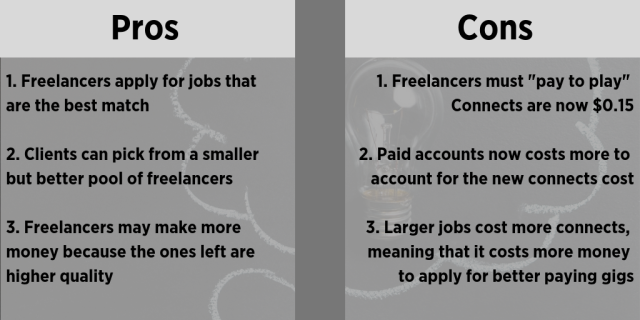
So, is Upwork dead?
No.
Upwork isn’t likely to be facing any major troubles anytime soon. The platform has too many clients and freelancers to be in trouble.
Upwork is going to go through a metamorphosis, though. This change is going to cause some freelancers to leave the platform, but those who stay are more likely to be of higher-quality and experienced.
If you look at other sites that function similarly to Upwork, most of them charge as much or way more for the same connection but with less freelancer protection.
As a content writing freelancer, I am hesitantly optimistic. No longer am I going to have to compete with people who do the job for dirt cheap.
Is Upwork going to change? Yup. Is change scary? Yup.
But change can be good, once we figure out what its effects will be.
Let me know what you think by tweeting @zachvdg or commenting below. If you think, I’m dead wrong or right on, I want to hear it.





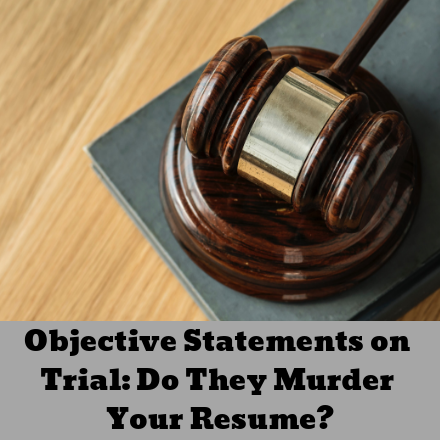



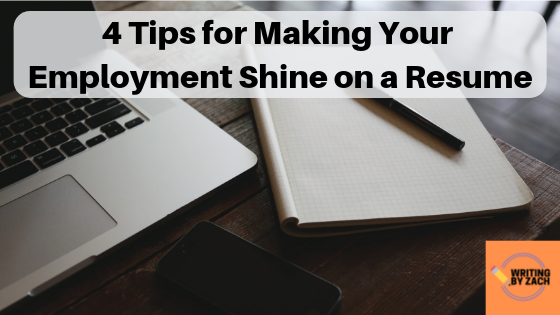



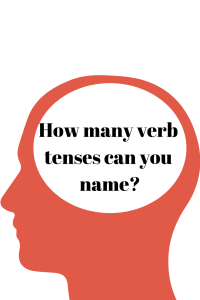
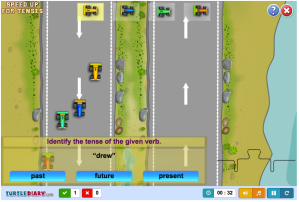
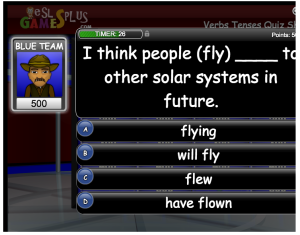


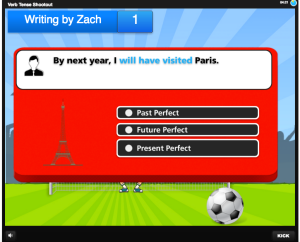
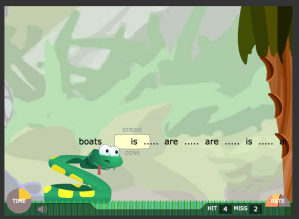
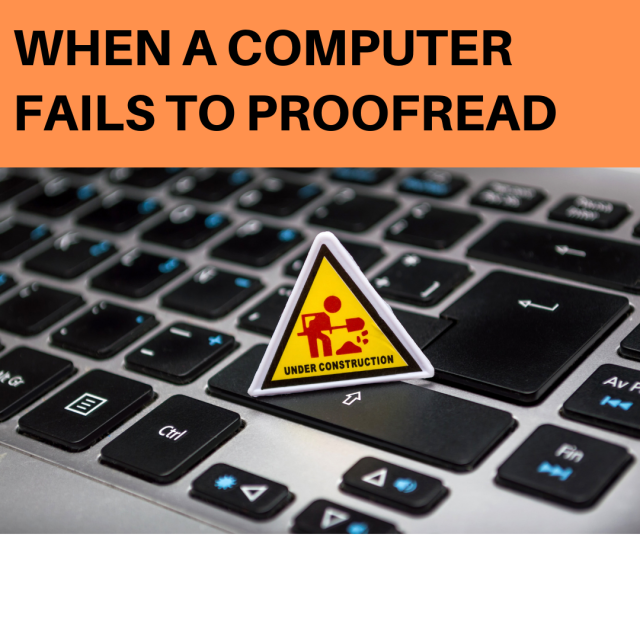 Don’t get me wrong. I love my computer, my iPhone, my iPad, and all my other electronic devices.
Don’t get me wrong. I love my computer, my iPhone, my iPad, and all my other electronic devices.